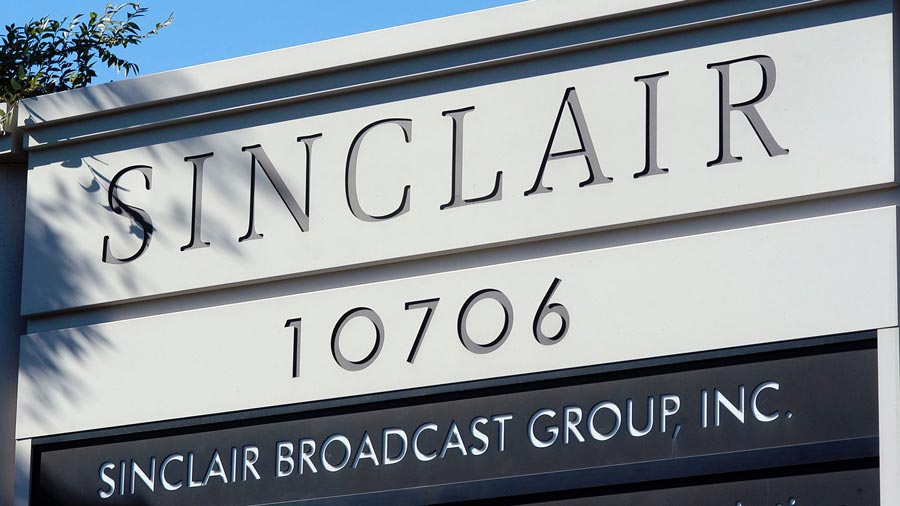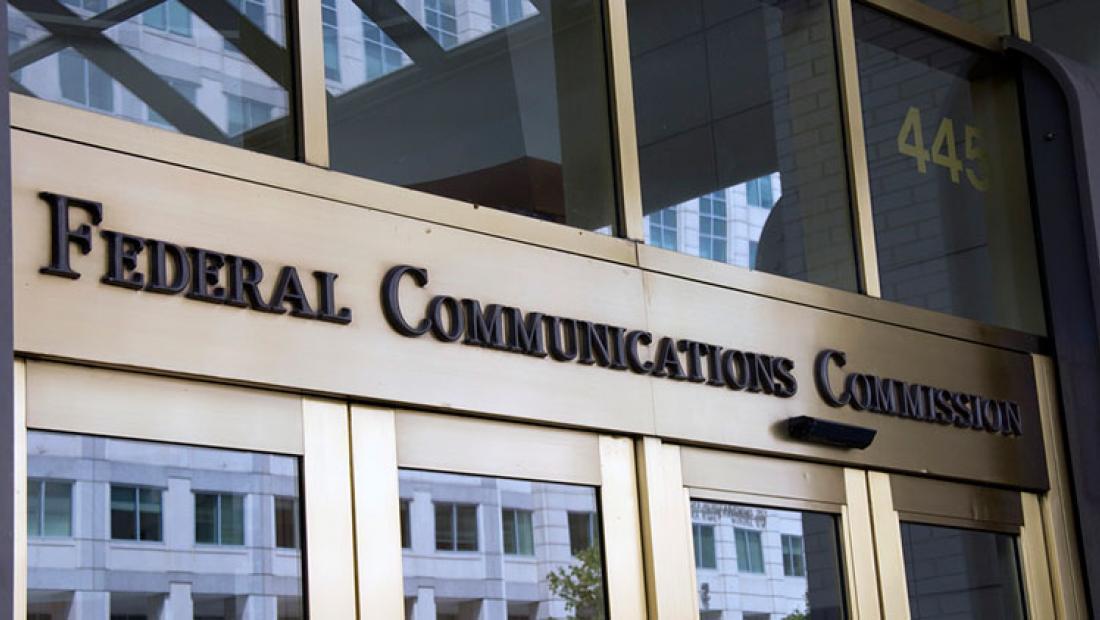Sinclair Hopes Fifth Time's the Charm

The smarter way to stay on top of broadcasting and cable industry. Sign up below
You are now subscribed
Your newsletter sign-up was successful
Sinclair Broadcast Group is hoping its announcement of the sale of seven stations to Fox will close the loop on the Justice Department and FCC reviews of its proposed Tribune Media merger.
"While we continue to believe that we had a strong and supportable rationale for not having to divest stations, we are happy to announce this significant step forward," said Sinclair CEO Chris Ripley.
"This announcement should set the stage for the FCC’s regulatory review to move forward," said Tribune CEO Peter Kern. "We expect the [FCC] will soon open-up the period for public comment on the transaction, which will likely last for roughly 6 weeks.
Sinclair and Tribune are looking to close the deal in late June or early July.
The FCC's informal shot clock on the Sinclair-Tribune deal has has been stopped since early January as the FCC waited for the last iteration of the proposed deal as Sinclair worked to make it palatable to both the Justice Department and the FCC.

The next shoe to drop would be Justice ending its antitrust review of the deal without suing to block it, after which the FCC would re-start the clock and put the, ostensibly, final version of the deal out for a new round of comment and reply, which should take about six more weeks.
The smarter way to stay on top of broadcasting and cable industry. Sign up below
Related: FCC's Pai Won't Delay Sinclair-Tribune Decision for Court Decision
The FCC has been waiting for a DOJ-approved version to restart the clock.
One analyst said that identifying the Fox stations may not, in fact, clear the way to starting the FCC clock or signal Justice is ready to sign off, and that the real holdup is the spin-offs to Cunningham and Howard Stirk, which are affiliated with Sinclair or its execs.
One wrench in the works of a Sinclair-Tribune deal close could be an appeals court decision on the FCC's move to restore the UHF discount, which helped Sinclair do the deal by allowing it to reach effectively 70-plus percent of households while only having half of it count toward the 39% cap.
If the court eliminates the discount before the deal closes, that could blow the deal up, Wall Street analysts have suggested anxiously as they try to figure out where to place their financial bets.
If a decision were not rendered before the deal was closed, the FCC could condition its approval -- if it approves -- on the court not invalidating the discount's return.
Contributing editor John Eggerton has been an editor and/or writer on media regulation, legislation and policy for over four decades, including covering the FCC, FTC, Congress, the major media trade associations, and the federal courts. In addition to Multichannel News and Broadcasting + Cable, his work has appeared in Radio World, TV Technology, TV Fax, This Week in Consumer Electronics, Variety and the Encyclopedia Britannica.

